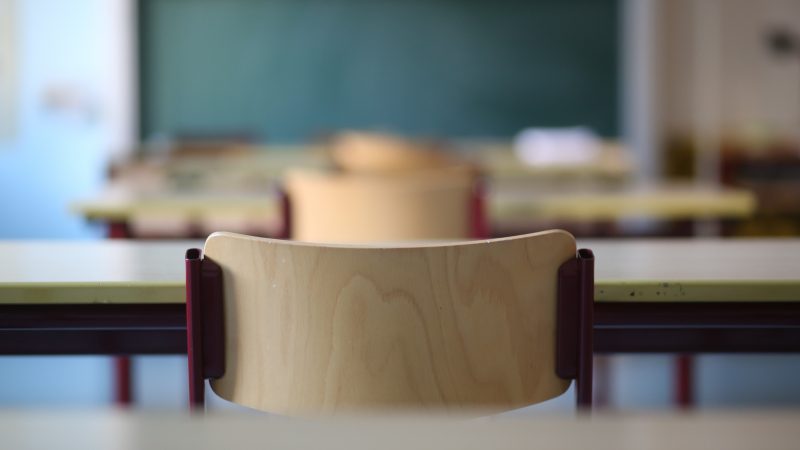
It’s a sad reality that peer-on-peer sex abuse is on the increase amongst children. New figures published by the BBC showed that in 2016/17, there were 7,866 reports of sexual abuse committed by children and where the victim was also a child. By 2018/19, the number of reports had more than doubled to 16,102.
These numbers are horrendous, though sadly unsurprising. If anything, these figures are likely to be an underestimation of the problem, as they do not include the online offence of non-consensual sharing of private sexual images or videos and they do not take into account the many cases that go unreported.
We saw from the Ofsted review into sexual abuse in schools in June just how widespread sexual harassment is and how prominent sexist attitudes are from a young age. The review was carried out after the website ‘Everyone’s Invited’ exploded with survivors sharing their stories. Since 8th March 2021, over 51,000 anonymous testimonies have been submitted to the site, each explaining the sexual harassment or abuse they faced in education settings, often followed by an incredibly poor response from the school in return.
The Ofsted report concluded that sexual harassment has been normalised in schools, with unwanted nude images and inappropriate touching sadly becoming very common for children. However, despite sexual abuse in schools continuously returning to the headlines throughout this year, the government is still failing to effectively use one of the most valuable tools at its disposal: relationship education.
Whether the issue is child abuse or sexual harassment, it has always been clear to me that relationship education is fundamental in prevention. Helping children understand key ideas such as consent and respect from an early age is crucial in addressing the root causes of abusive behaviour. It’s so important that children understand what healthy relationships look like so that they don’t replicate inappropriate behaviour themselves, and know to tell a trusted adult if they are being abused themselves.
Statutory relationship, sex and health education (RSHE) was set to become mandatory for all children following my amendment to the children and social work bill in 2017. I was relieved that the government adopted my proposal, but it is now incredibly disappointing to watch as the government refuses to give schools the support they need to implement RSHE successfully.
The Ofsted review stated that many teachers did not feel confident teaching RSHE and that it was not being given sufficient time to be taught. It’s clear that this is having an impact on the children, with Ofsted reporting that many children felt RSHE hadn’t given them what was needed to understand the topic and relate it to their day-to-day lives. Many girls had turned to social media to teach themselves, and some were educating the other children in their class about what is unacceptable behaviour.
It’s extremely frustrating to read about children still being let down by a lack of relationship and sex education, when legislation on this very subject was passed four years ago. The government has had plenty of time to prepare for this and this school year must be the year we see genuine change.
The government has provided some training for teachers, but it is very limited in both scope and reach. Many schools have received no training at all. RSHE is a sensitive and often challenging topic to teach, and teachers require support in how to teach it, as well as the content itself.
Schools are doing the best that they can, but the government must now listen to children, parents and teachers to ensure RSHE is as effective as possible. For this to happen, the curriculum, and the way it’s taught, must be relatable to children’s lives and the struggles they face.
I have again written to the government explaining what schools need, whether that is funding, resources, training for teachers, or more help with sequencing and timetabling the content. It’s the government’s job to fill in the gaps – and to be blunt, if they fail to do so, we will continue to see more abuse.




More from LabourList
A year in power: The cabinet on their proudest wins and favourite moments
‘One year on, Labour still hasn’t reckoned with collapsing trust in politics’
‘I’m the Labour MP who beat Liz Truss. Here’s how the campaign to unseat her unfolded’